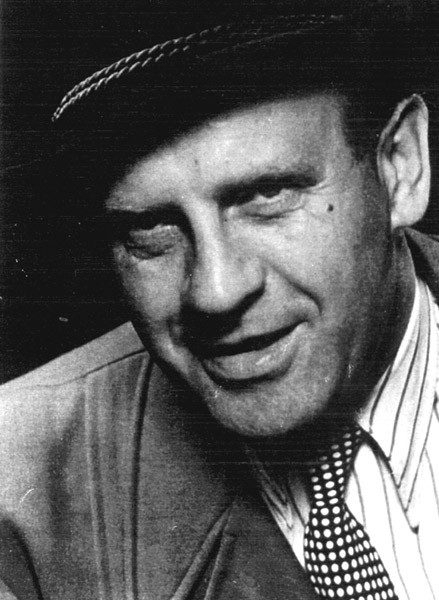
Holocaust scholar, Louis Bülow describes Schindler this way: “To 1,200 Jews a womanizing, heavy-drinking, German-Catholic industrialist and Nazi Party member named Oskar Schindler was all that stood between them and death at the hands of the Nazis…Today there are more than 8,500 descendants of his Jews living in the U.S., Europe and Israel.” Schindler’s imperfections serve to demonstrate how an ordinary person has the potential to do something extraordinary.[1]
To prepare for this writing, I studied m, heroany online articles, watched Steven Spielberg’s movie, Schindler’s List, and read portions of Schindler’s Ark by Thomas Keneally, the book on which Spielberg’s movie was based.
My impression was that life was a game to him. He was impulsive, living in the moment. Though a gambler and partying with the SS, he had a tenderness that remained hidden until he was transformed by witnessing the horrors of what was being done to the Jewish people.
In the core of his being lived a decent man. He was a Nazi, but not swayed by the hateful mentality of the Nazi’s around him. In some ways, he became more of a Jew than a Nazi.
Much has been said about Oskar’s cheating on his wife while having two or three mistresses. In his book, Thomas Keneally describes it this way: “…if you wanted to talk to Oskar about fidelity, a look of childlike and authentic bewilderment entered his eyes, as if you were proposing some concept like relativity which could be understood only if the listener had five hours to sit still and concentrate. Oskar never had five hours and never understood.” [2]
Schindler was not a follower. He was not afraid to stand alone—not drawn in by the masses. He remembered what it was to be part of the human race, an equal with others. As human as the Jews, as human as the Nazis.
What made a person of such low morality decide to care so much about people not his own to risk his life and all his fortune for them, saving them from the gas chambers? It shows how we mustn’t underestimate anyone. His story shows that Oskar was far from what he seemed to be on the surface.
[1] Remember Them: Champions for Humanity,
[2] Schindler’s Ark by Thomas Keneally, Serpentine Publishing, 1982, P. 92
This has been Part 42 of the Series A Life Worth Living. Read Part 43 – Krakow
Leave a Reply